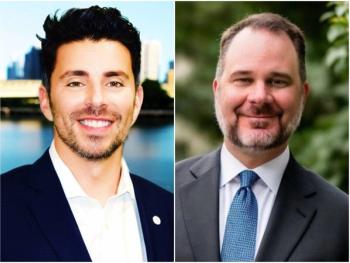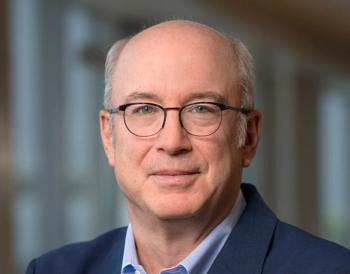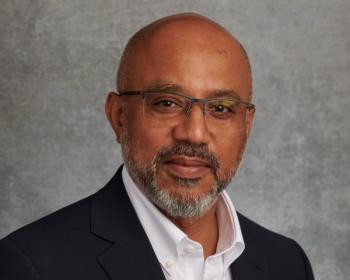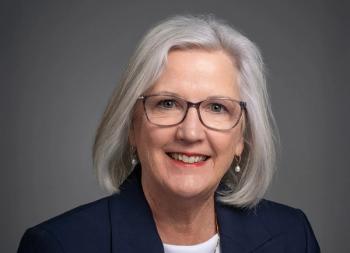
The pandemic’s impact on medical non-compete clauses | Viewpoint
Recently, courts have been more inclined to hold that these types of agreements are unenforceable.
Employment contracts have long been routine for high-level employees across industries, but non-compete, non-solicitation, and confidentiality provisions are also becoming commonplace in the business of medicine.
Non-compete agreements are traditionally designed to prohibit employees from engaging in business activities that compete with a former employer for a short timeframe within a limited geographical area. Employers in the medical field have occasionally used these types of agreements to prevent medical professionals from taking confidential business information. Recently, courts have been more inclined to hold that these types of agreements are unenforceable.
Some courts have acknowledged that these agreements unreasonably burden the public by limiting their access to the doctor of their choice. Enforcing non-competes against medical professionals varies state by state, with some courts – such as a 2018 case in Colorado – recognizing that these agreements unreasonably burden the public by limiting their access to their preferred doctor.
Other courts have ruled that while medical employment contracts are disfavored, they are not unenforceable. For instance, in Karlin v. Weinberg in 1978, the New Jersey Supreme Court recognized that medical employers have a legitimate interest in protecting confidential business information, such as patient and referral lists, and protecting the investment they made in spending time and money training and supervising physicians, with a non-compete agreement. Likewise, in Goodman v. New York Oncology Hematology, P.C. in 2012, the New York Appellate Division recognized that non-compete agreements against a physician may be enforceable so long as they are “reasonable.”
New York’s approach is common. For states that allow non-competes against medical professionals, the courts typically analyze whether the provision imposes “reasonable” restraints on the physician and the public at large.
However, due to the recent shortage of medical professionals and increasing demand on healthcare institutions as a result of the pandemic, the “public interest” criteria (whether enforcement of the non-compete would negatively impact the public) is becoming an increasingly litigated issue for physicians seeking to have a court declare a non-compete agreement void. With a shortage of doctors and increased strain on medical institutions, experts predict that courts will be more likely to find non-compete agreements against physicians to impose an unreasonable hardship on the public at large.
Looking at prior cases may provide hints at what a court might hold in the future due to the increased burden on the public.
Some courts have found non-competes to be unreasonable and unenforceable where the agreement prevented an emergency room physician from changing hospitals and thus potentially limited the amount of emergency room doctors in other nearby hospitals, such as in Duneland Emergency Physician's Med. Group v. Brunk, or when the employment agreement prevented the physician from working for a public hospital, thus limiting the public hospital’s access to quality doctors in Emergicare Sys. Corp. v. Bourdon.
As courts begin to give greater weight to the “public interest” criteria, they may find: (1) physician non-compete agreements are unenforceable to the extent that they prevent doctors from moving to hospitals with severe staffing shortages; or (2) they will alter the geographic limits of non-compete agreements to the extent that they restrict physicians from practicing in areas that are suffering from shortages. For example, if a non-compete prevented a neurosurgeon from working in an area plagued by a shortage of neurosurgeons, a court may reduce the geographic scope of covenant.
The fact of the matter is that there will always be a need for medical employers to protect patient information and their investment in employees, meaning some facets of non-compete, non-solicitation, and confidentiality provisions are likely here to stay. Whether the legislature acts or a change is made by the courts, it is almost guaranteed that the landscape regarding non-competes in the medical setting will be fundamentally altered in the coming months and years.
As non-compete agreements in the medical field come under increased scrutiny by courts, it is more important now than ever before that healthcare executives pay particular attention to these clauses and seek out knowledgeable counsel if any questions arise.
Dylan R. Newton is an attorney in Archer’s Business Litigation Group based in Hackensack, N.J., and New York, N.Y. Michael S. Horn is a partner at Archer.































